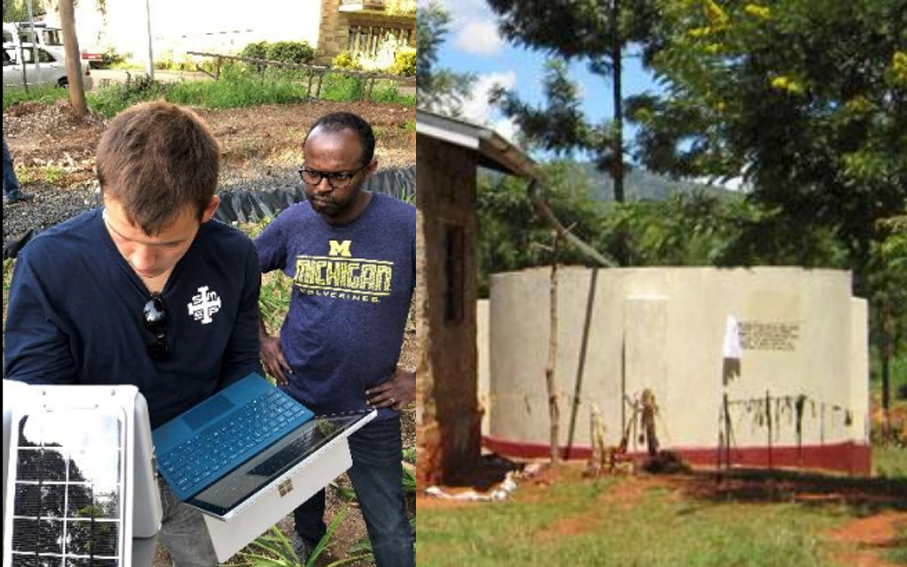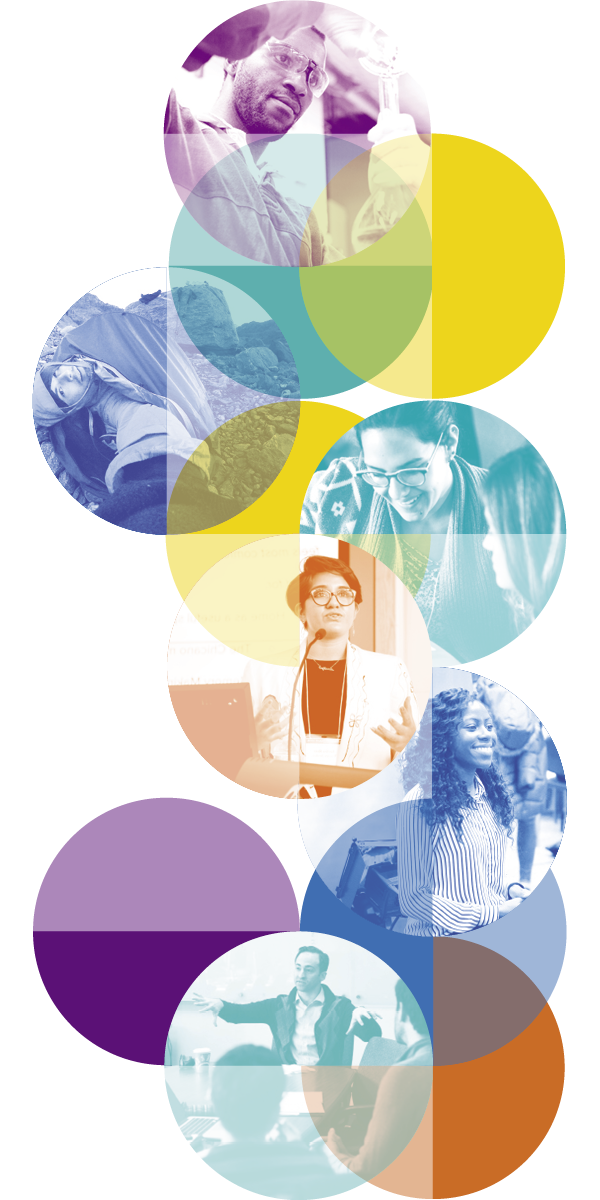Urban Environmental Systems: Project-Based International Research Experience for Students

The Challenge
Planning, constructing, and maintaining urban environmental systems to manage water, wastewater, or stormwater systems is a complex problem. It requires multidisciplinary thinking that integrates knowledge from several disciplines, including engineering, urban planning, and public health. The complexity of this challenge increases when the system is located within an international setting where different cultural, political, economic, and environmental conditions create new constraints and possibilities.
This class on urban environmental systems is an effort to cross disciplines and cultures so that students gain content and process skills through a problem-based, place-specific approach.
Projects
Projects have included understanding:
- How patterns of access to potable water supply relate to decisions about infrastructure and proposed areas of urban growth
- How “smart” water devices (sensors, data loggers, crowd sourced water quality apps) can improve access to and quality of drinking water, stormwater, wastewater and irrigation water in rapidly expanding developing cities
- Where urban development will have the most detrimental impacts on urban flooding
Our Approach
Professors Love and Larsen have been individually involved in research efforts with partners at Addis Ababa University (AAU) for over five years. In an effort to engage more students in this work and provide them with an introduction to urban water systems that may be useful in other locations, Love and Larsen established a two-credit winter semester course in 2018. The course is open to undergraduate and graduate students.
At the beginning of the course, students select one project from a set of possibilities defined in advance by Love and Larsen in collaboration with their Ethiopian AAU faculty colleagues. Students meet together for two hours each week. One half of each class is devoted to a lecture and one half is devoted to the students’ project. During the winter semester, students work in teams to determine baseline conditions, collect background information on both the subject matter and the local conditions, and begin preliminary analysis of their findings. By the end of the class, the student teams write a short report summarizing their work. The goal of the report is to narrow the focus of their project to a few research questions or development objectives, and create a detailed research plan for moving forward in the field.
One innovative component of this course is that all students are not expected to travel. Some students are interested in learning about urban water systems but hope to work in different international locations. Other students hope to expand their general understanding of the subject by highlighting the similarities and differences that alternative locations and economic constraints introduce.
This year, Dr. Geremew Sahilu, an AAU environmental and water resources engineering professor currently working with the city’s water authority, came to Ann Arbor for two weeks near the end of the semester. Dr. Geremew provided the students with local knowledge of the conditions and helped answer questions about local practices.
Students who travel in the summer after the class stay varying lengths from a minimum of two weeks to a maximum of ten weeks. Love and Larsen each spend time in country with the students at different points over the summer. A carefully selected Master’s or Ph.D. student provides daily oversight and helps keep projects moving by assisting with problem-solving and continued coordination with local faculty, students, and government officials.
What We’ve Learned
Learning how to collaborate in a team is just as important as subject knowledge. Through this experience, students realize how their own discipline uses specific terminology, identifies problems, and proposes solutions, and how these differ from other disciplines. They also learn the importance of managing both their own expectations and those of collaborators. Tasks take time when in the field (usually, more time than desired) and students have little control over schedules. Finally, we provided certificates to all students who completed the program. The certificate was specifically appreciated by the Ethiopian students for whom such documentation is highly valued. One challenge has been integrating Ethiopian students into the process. We would like students to have a peer-to-peer learning experience where students from each university work collaboratively to create the research plan and then work together in the field to collect data. However, aligning the student schedules is difficult due to different timetables.
One important accomplishment has been securing funding from the National Science Foundation’s International Research Experience for Students (IRES). This program provides four years of funding.
Next Steps
Finding ways to sustain the project when the project’s funding ends in 2022 is one of the next important challenges for faculty to address. Currently, Love and Larsen are in the process of converting this experimental class into a cross-listed regular course offering.
Both Love and Larsen teach this class as an overload. Therefore, in fall 2019, with the support of the Rackham Graduate School, Love and Larsen will work with a graduate student to organize the content material into discrete modules. This will then allow the faculty more time to work with students on their team projects.
Location
Department of Civil & Environmental Engineering and Department of Urban Planning
Contact
- Larissa Larsen, Associate Professor of Urban and Regional Planning, Associate Professor of Landscape Architecture
- Nancy Love, Borchardt and Glysson Collegiate Professor, Professor of Civil and Environmental Engineering
Visit
To learn more visit the Urban Environmental Systems: Project-Based International Research Experience for Students page.

